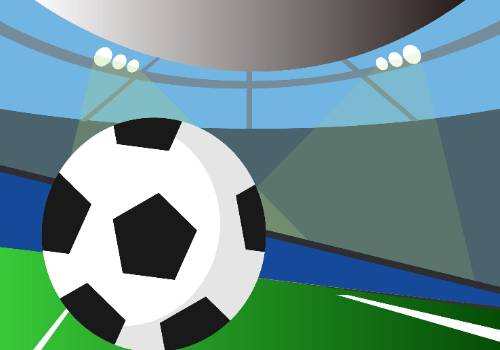1、副词(adverb)修饰动词、形容词和其他副词等,说明时间、地点、程度、方式等概念。
2、如:often往往,here这里,very很,quickly很快地。
 (相关资料图)
(相关资料图)
3、 一般来说: 1。
4、修饰动词的词语就是副词,如beat it heavily中的“heavily”就是副词,修饰“beat”,狠狠地打击。
5、 2。
6、还有的副词是修饰形容词的,常常表示程度。
7、如extremely beautiful中的“extremely”修饰形容词“beautiful”,极其漂亮的 3。
8、还有的副词本身就是修饰副词,和修饰形容词类似。
9、 4。
10、较特殊情况的副词可以放在句首,表一种伴随状态, 如“Fortunately,I managed it in time"中的fortunately。
11、幸运的,我最后及时的完成了(那件事情) 一、副词是一种用来修饰动词,形容词,副词或全句的词,说明时间,地点,程度,方式等概念。
12、副词在句中可作状语,表语,短语。
13、一般的副词除固定副词外,其他副词加后缀-ly,但有些如ugly、friendly则不是副词。
14、 分类: 时间和频度副词: now,then,often,always,usually,early,today, lately, next,last,already,generally,frequently, seldom,ever,never,yet,soon,too, immediately, hardly,finally,shortly, before, ago,sometimes, yesterday. 2、 地点副词: here, there, everywhere, anywhere, in, out, inside, outside, above, below, down, back, forward, home, upstairs, downstairs, across, along, round , around, near, off, past, up, away, on. 3、方式副词: carefully, properly, anxiously, suddenly, normally, fast, well, calmly, politely, proudly, softly, warmly 4、 程度副词,放在被修饰词之前: much,little, very,rather,so,too,still, quite, perfectly, enough, extremely, entirely,almost, slightly. 5、 疑问副词,一般放在句首: how, when, where, why. 6、关系副词,一般放在句首: when, where, why. 7、连接副词: how, when, where, why, whether.。
本文就为大家分享到这里,希望小伙伴们会喜欢。




















